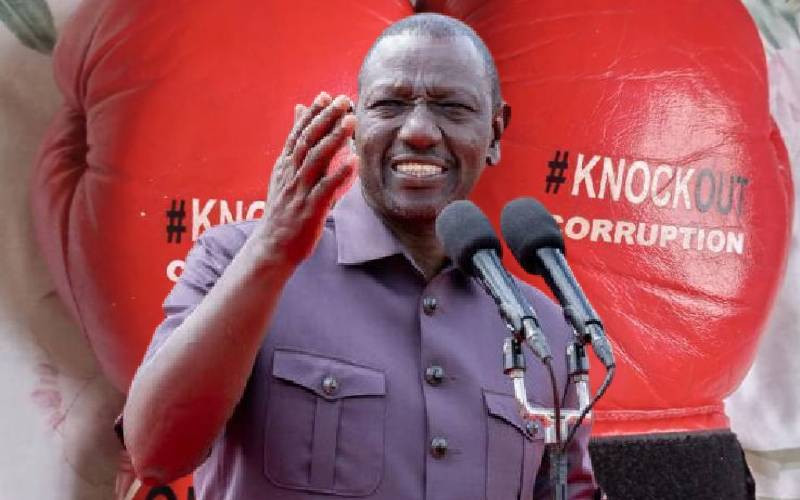
Will 2024 be the year we get to pursue a credible war on corruption? Or is, as feared in my previous article, going to be a year of "rhetoric without results"? Was President William Ruto being genuine when last week he aggressively accused the Judiciary and its judicial officers (judges and magistrates) of frustrating his development agenda "on account of corruption"?
And what about this week's more formal presidential communication to the press that "no arm of government will be spared in the fight against corruption"? A statement that says the President "is ready to offer leadership to fight incompetent leadership, vested interest(s) and corruption to transform the country" and "he will fight the three vices whether they are in the Executive, Legislature or Judiciary noting that they have delayed the country's transformation".